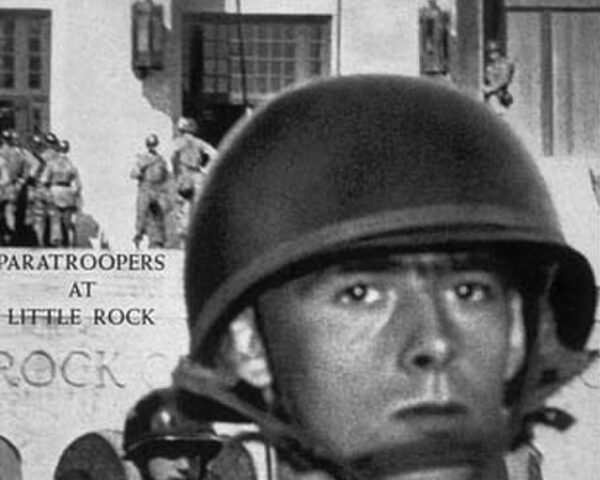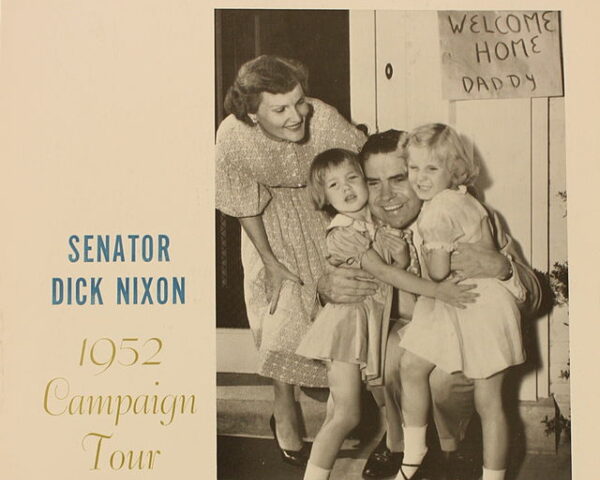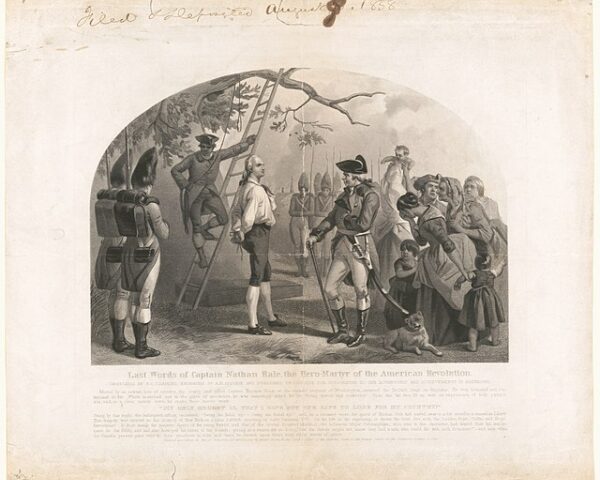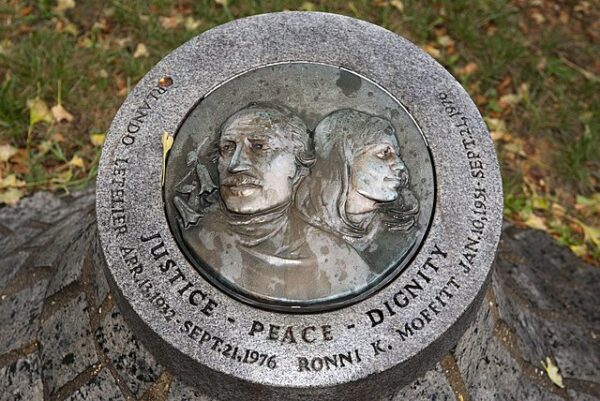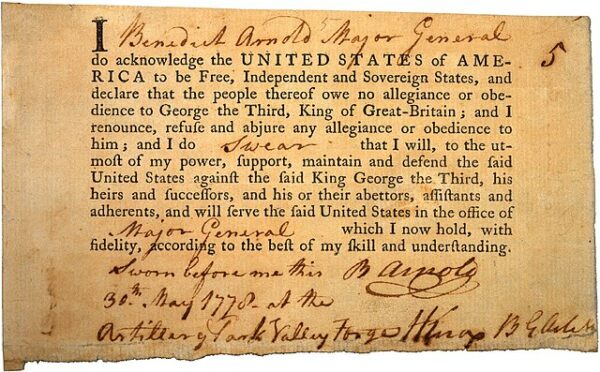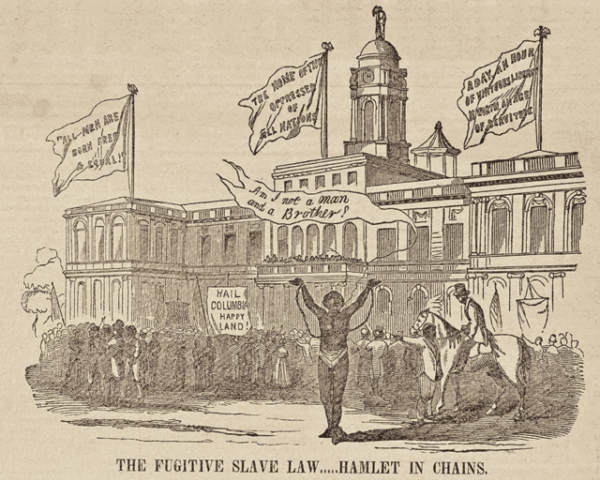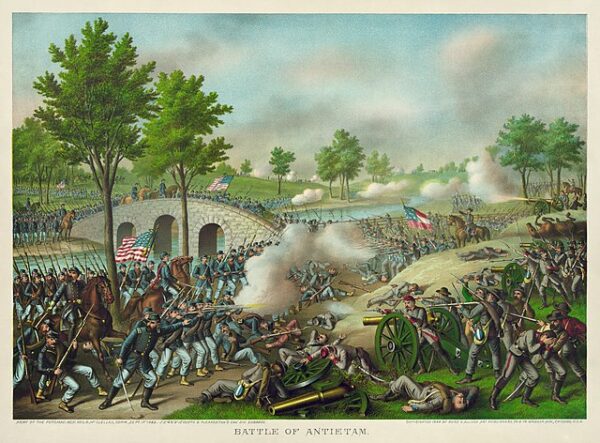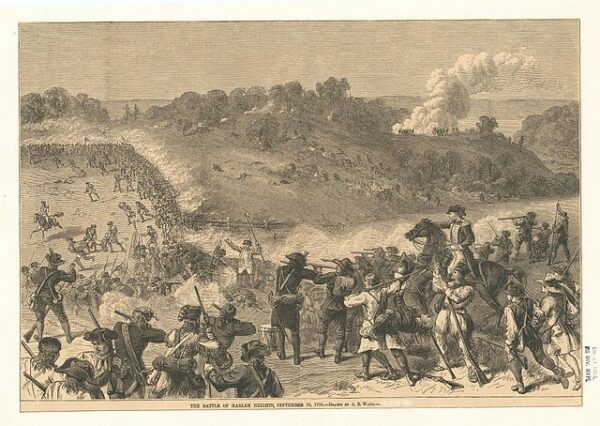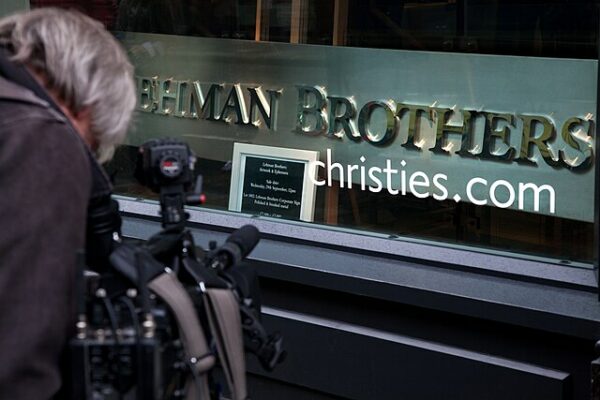President Dwight D. Eisenhower took the extraordinary step of ordering federal troops into Little Rock, Arkansas, today, deploying the 101st Airborne Division to enforce desegregation at Central High School. The move marked one of the most dramatic assertions of federal authority over states’ rights…
Read MoreIn the autumn of 1952, a young California senator named Richard Nixon faced a political crisis that might have ended his career before it truly began. Selected just weeks earlier by General Dwight D. Eisenhower as his running mate on the Republican ticket, Nixon…
Read MoreOn the gray morning in occupied New York City, a 21-year-old Connecticut schoolteacher turned Continental officer met his end at the hands of the British. Nathan Hale, captured while attempting to gather intelligence behind enemy lines, was hanged as a spy on September 22,…
Read MoreRush-hour traffic on Massachusetts Avenue was just beginning to thicken when a thunderous blast tore through Sheridan Circle in Washington, D.C. on September 21, 1976. A car carrying Orlando Letelier, a former Chilean ambassador and outspoken critic of General Augusto Pinochet’s military regime, erupted…
Read MoreDuring September 1780, one of America’s earliest heroes turned traitor. Benedict Arnold’s treason stands as one of the most infamous acts of betrayal in American history, forever etched in the annals of the American Revolutionary War. Arnold, a prominent military leader in the Continental…
Read MoreOn September 19, 1944, the United States Army entered a dense, forbidding tract of woodland along the German–Belgian border known as the Hürtgen Forest. What began that morning as a push to clear the area for the advance into the Rhineland would spiral into…
Read MoreOn September 18, 1850, the United States Congress passed and President Millard Fillmore signed into law the Fugitive Slave Act of 1850, one of the most divisive and consequential pieces of legislation in American history. As part of the Compromise of 1850—a fragile political…
Read MoreOn September 17, 1862, the rolling fields and cornrows along Antietam Creek bore witness to the single bloodiest day in American military history. George B. McClellan’s Union Army of the Potomac and Robert E. Lee’s Army of Northern Virginia clashed in a desperate struggle…
Read MoreOn September 16, 1776, the morning broke with British horns sounding not the call to arms, but the mockery of a fox-hunt. From the wooded ridges above Harlem, George Washington’s battered Continentals listened to the taunt. For weeks they had known only retreat —…
Read MoreThe morning of September 15, 2008, began with the unthinkable: Lehman Brothers Holdings Inc., the storied Wall Street firm that had survived the Civil War, the Great Depression, and two world wars, filed for Chapter 11 bankruptcy protection. With more than $600 billion in…
Read More

